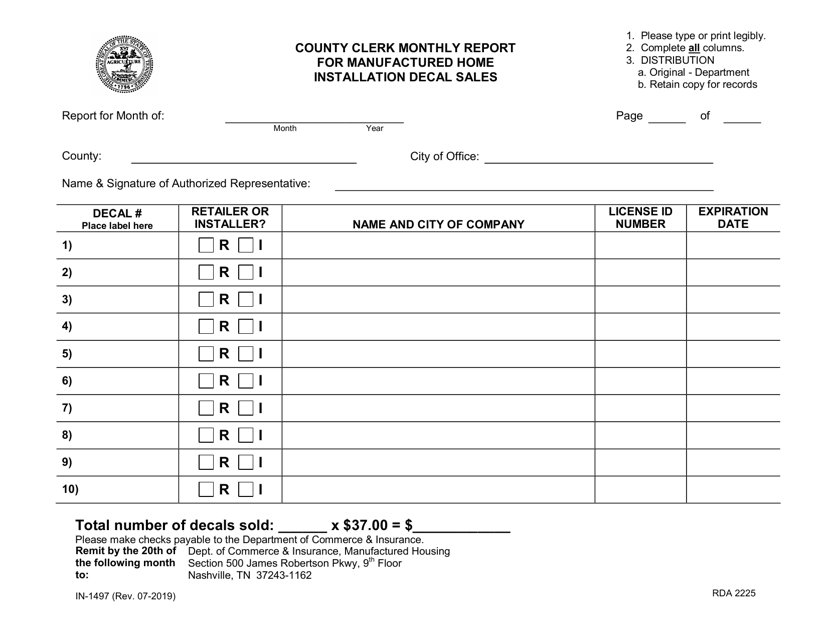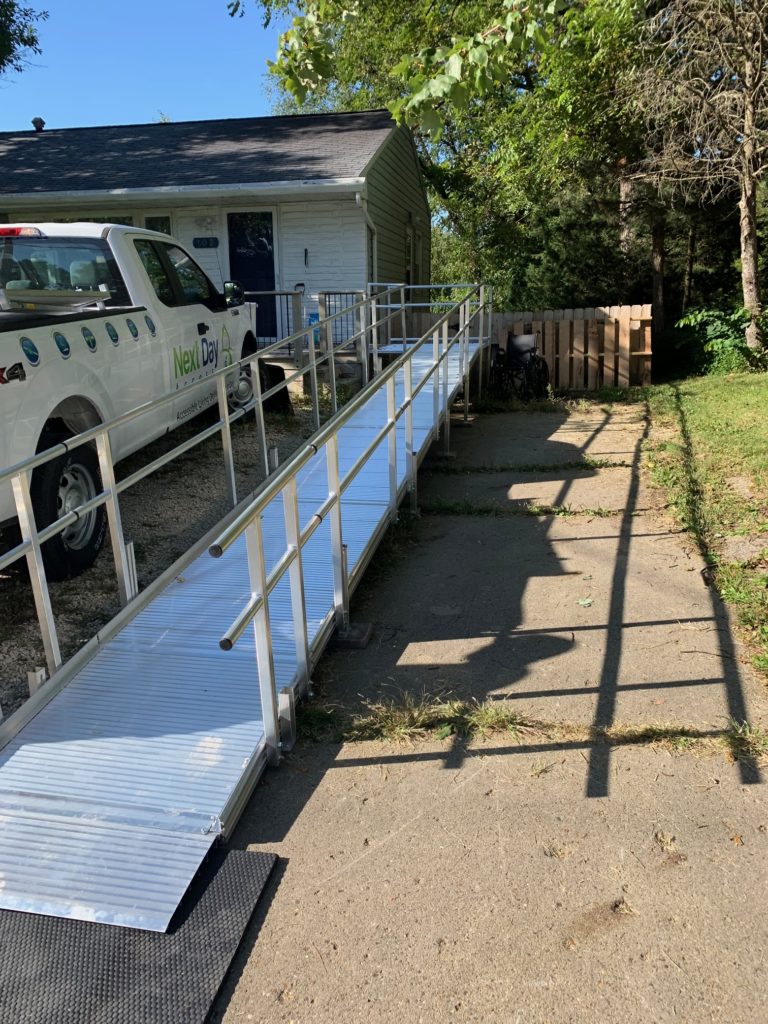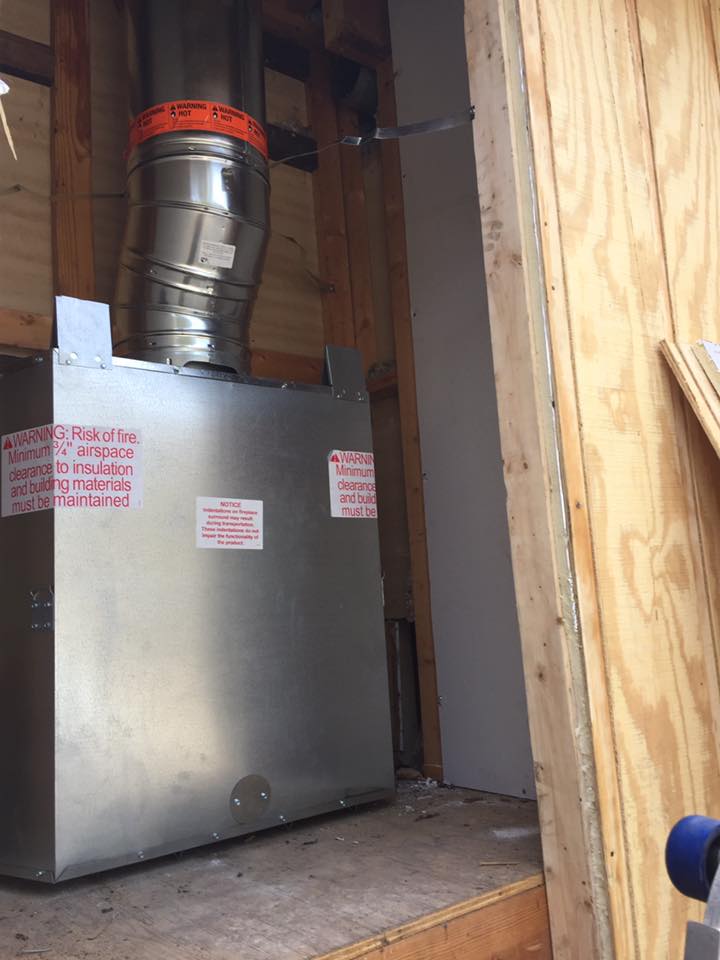Table of Content
While Modular homes are also built in a factory, these structures use building techniques which must comply with local or state home-building codes, the same standards set forth for site-built homes. Modular homes are designated as ‘real property’ and are appraised, taxed and regulated differently than their manufactured housing counterparts. This bill revises the above provisions to instead require that used homes installed after July 1, 2010, meet the criteria described above in or , or in accordance with , as rewritten by this bill. This bill revises the above provision to instead provide that homes installed after July 1, 2010, must be the criteria described above in or , or in accordance with , as rewritten by this bill.
In some states, you may also buy from a manufactured home community owner, developer, or if you’re purchasing a previously owned home, a real estate agent. Unlike many states, at the present time there are no statewide requirements in Illinois for the entire installation of manufactured homes. Under the Act, "manufacturer" means any person engaged in manufacturing and assembling manufactured homes. This bill specifies that this includes rebuilding, reassembling, refurbishing, or any other such act as to construct or prepare a manufactured home for sale to a consumer. Today’s manufactured homes come with the “standard” features you would find in a site-built home. Many floor plans are available which range from basic models to more elaborate designs which feature vaulted ceilings, drywall, fully equipped modern kitchens, comfortable bedrooms with walk-in closets, and bathrooms with recessed bathtubs and whirlpools.
Manufactured Housing & Modular Building Section
Every design you put into your bank account does not have an expiration date and it is your own property eternally. So, in order to down load or print out one more backup, just go to the My Forms section and click about the kind you require. The retailer also has distinct responsibilities in the installation and servicing of the home.

This bill revises the above provisions to require any employee of a licensed retailer who is directly involved in the installation of a manufactured home to be certified. This bill also requires applicants for certification to pay a fee to be set by the commissioner by rule. In addition to the requirements of subdivisions , or , installation shall comply with federal emergency management agency regulations applicable to flood zones. There are several insurance companies that specialize in offering insurance coverage for manufactured homes. Many manufacturers also provide homes that are “accessible” for those with special needs. If you are interested in such a home, work with your retailer to order a home with accessible features, such as extra-wide halls and doorways, accessible counters and appliances, and specially equipped bathrooms.
There's much to see here... so, take your time, look around, and learn some basic facts!
You may also select from a variety of exterior designs and siding materials, including wood, hardboard, or vinyl siding. Retailers offer a variety of products and services, including helping you to customize the home to fit your needs and budget. Typically, the retailer is also responsible for coordinating the delivery and installation of your home. Furthermore, the retailer can assist by providing a list of finance companies that might interest you, as well as those companies who provide insurance coverage for the home.
Before purchasing a manufactured home for an urban area, be sure to check the zoning regulations in the area where you want to live. With the vast majority of manufacturers now using the latest in computer-assisted design, you have the flexibility of customizing your home’s floor plan, interior finishes, and exterior design. Your lifestyle and your budget are the only limitations to the options available to you.
Retailer Role
In order to obtain such certification, the employee must have completed a 15-hour course and passed an examination in manufactured home installation approved by the commissioner. Mobile Homes and Manufactured Buildings - As introduced, revises various provisions regarding manufactured homes, including provisions governing licensure for persons engaged in the business of being a manufacturer or retailer and provisions governing installation. When properly installed and maintained, today’s manufactured homes will appreciate the same as surrounding site-built homes. Most manufacturers offer warranties to guarantee the quality, workmanship, and major heating and cooling systems of the home for a specified time, usually ranging from one to four years. Makers of the appliances provided in the homes also provide either “full” or “limited” warranties. There are major differences among warranties and these warranties should be provided to you in writing.

Local laws should be consulted to determine any specific requirements for such a form in a particular jurisdiction. Under present law, the Uniform Standards Code for Manufactured Homes Act applies to "park trailers." This bill removes park trailers from the Act and adds "park trailers" to those "recreation vehicles" covered under present motor vehicle laws. This bill defines "park trailer" as a vehicular unit that is built on a single chassis, mounted on wheels, designed to provide seasonal or temporary living quarters, may be connected to utilities necessary for operation of installed fixtures and appliances, and consists of a gross trailer area that does not exceed 400 feet.
Besides transport expenses, which include licensing fees to take your home through a state, you’ll have to pay for a new foundation, installation, and utility hook-ups. Just as there are choices when you buy a site-built home, there are a variety of financing options when you buy a manufactured home. Down payments and loan terms are similar – 5 to 10 percent of the manufactured home’s sales price, and loan terms of 15 to 30 years.
Off-frame modular homes are lifted by a crane off the transportation carrier and placed on a foundation. The State of Tennessee, Department of Commerce & Insurance, denotes ALL modular homes with a green certification label, regardless if the structure is on-frame or off-frame.The building code denotes the structure type, and not the presence of a frame. Manufactured homes, also referred to as factory built or system built housing, are primarily comprised of manufactured and modular homes. 95 percent of manufactured homes, and all modular homes, are permanently sited and built with the same materials as site-built homes. As an alternative to or , the home may be installed according to the instructions in ANSI 225.1, 1994 Edition, until such time as federal standards are implemented pursuant to the Manufactured Housing Improvement Act of 2000, at which time the federal standards shall supplant the ANSI 225.1, 1994 Edition, instructions. Under present law, the licensing requirements of the Uniform Standards Code for Manufactured Homes Act do not apply to individual employees of a licensed retailer; however, at least one employee of a licensed retailer who is directly involved in the installation of a manufactured home is required to be certified by the commissioner.
Fire resistance provisions of the HUD Code include strict standards for fire retardation and smoke generation in materials, large windows in all bedrooms, smoke alarms, and at least two exterior doors which must be separate from each other and reachable, without having to pass through other doors which can be locked. Site-built homes are required to have only one exterior door and no “reachability” requirement. The proper method of installing the home will depend on the design of the home and the conditions of the location, such as climate and soil type. Depending on the type of loan used to finance the home, the lender may have some specific requirements for the foundation and installation of the home as well.

If you are buying the home and land together, or plan to place the home on land you already own, some financial institutions offer traditional real estate mortgages with similar interest rates. Should you be purchasing the manufactured home separately from the land on which it will be located, the home will probably be financed as a personal property manufactured home loan, usually with a somewhat higher interest rate. FHA-insured and Department of Veterans Affairs-guaranteed loans are available to manufactured home buyers. These types of loans may offer lower interest rates or lower down payment requirements, if available in your area. They require more paperwork during the credit application and approval process and, therefore, may take longer for approval than a conventional loan. Two terms you may hear when considering modular home foundations are on-frame and off-frame.
These standards regulate the manufactured home design and construction, strength and durability, fire resistance, energy efficiency and quality. The HUD Code also sets performance standards for the heating, plumbing, air conditioning, thermal and electrical systems. It is the only federally-regulated national building code for residential dwellings. As to hurricanes, valuable lessons were learned from the devastation of Hurricane Andrew in 1992, which destroyed or damaged thousands of site-built and manufactured homes. Now, in areas prone to hurricane-force winds, the standards for manufactured homes are equivalent to, or more stringent than, the current regional and national building codes for site-built homes in these high wind zones. Also, proper installation and anchoring of the home is a key element in how a manufactured home will perform in severe weather situations.

No comments:
Post a Comment